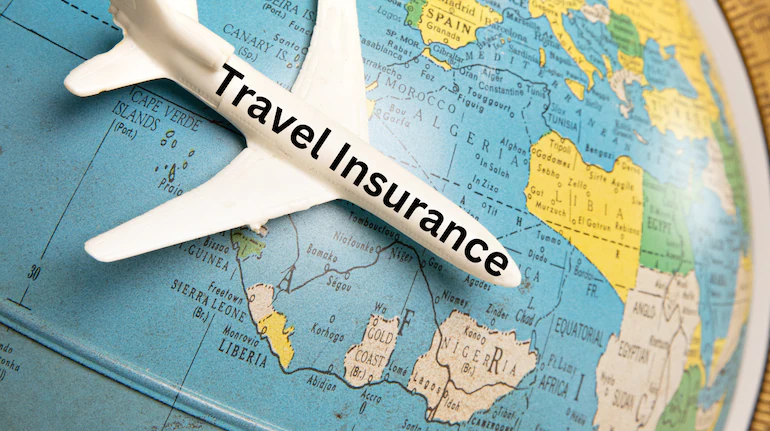Traveling opens doors to new experiences, cultures, and adventures—but it also comes with uncertainties. Whether you’re exploring the mountains, relaxing on a beach, or traveling for business, unexpected issues like medical emergencies, trip cancellations, or lost luggage can disrupt your plans. This is where travel insurance becomes essential.
What Is Travel Insurance?
Travel insurance is a type of insurance policy that protects travelers from financial losses and disruptions that may occur during a trip. These policies have the potential to encompass a broad spectrum of incidents, such as medical emergencies, trip cancellations, flight delays, lost luggage, and various other travel-related issues.

Types of Travel Insurance Coverage
Trip Cancellation or Interruption
Reimburses prepaid, non-refundable expenses if your trip is canceled or interrupted due to covered reasons such as illness, severe weather, or family emergencies.
Medical Coverage
Covers the cost of medical treatment if you become ill or injured while traveling, especially important when traveling abroad where your domestic health insurance may not be valid.
Emergency Evacuation and Repatriation
Covers the cost of emergency medical transportation to the nearest hospital or back to your home country.
Baggage and Personal Belongings
Reimbursement for luggage and personal belongings that are lost, stolen, or damaged.
Travel Delay
Provides reimbursement for additional expenses incurred during a travel delay, such as accommodation and meals.
Accidental Death or Dismemberment
Delivers a benefit to your beneficiary in the situation of death or critical injury during the journey.
24/7 Assistance Services
Access to round-the-clock help for things like medical referrals, travel advice, and emergency cash transfers.
Key Benefits of Travel Insurance
1. Financial Protection
Travel insurance can save you thousands of dollars in case of an emergency, offering coverage for medical bills, emergency evacuation, or trip cancellations.
2. Peace of Mind
Knowing you’re covered for unexpected events reduces stress and lets you enjoy your trip with confidence.
3. Support During Emergencies
Many policies offer 24/7 customer service, giving you access to help anywhere in the world when you need it most.
4. Mandatory for Some Destinations
Some countries require proof of travel insurance before issuing a visa (e.g., Schengen countries in Europe).
5. Protection Against Travel Industry Uncertainties
In case your airline or tour operator goes bankrupt, some policies will reimburse your losses.
Who Should Buy Travel Insurance?
International Travelers: Especially those going to countries where healthcare is expensive or where their current insurance does not offer coverage.

Business Travelers: To cover trip cancellations, lost equipment, or delays.
Families and Groups: To protect against cancellations, illness, or emergencies affecting any member of the party.
Adventure Travelers: For those engaging in high-risk activities like hiking, skiing, or scuba diving.
How to Choose the Right Policy
Assess Your Needs: Consider the type of trip, destination, duration, and activities planned.
Compare Policies: Look at the coverage limits, exclusions, and customer reviews.
Check for Pre-existing Conditions Coverage: Some policies cover medical issues if declared in advance.
Understand the Fine Print: Know what is and isn’t covered to avoid surprises during claims.
Conclusion
While no one wants to think about what could go wrong on a trip, being prepared is the smart way to travel. Travel insurance is a small investment that offers major protection, providing a financial safety net and peace of mind. Whether it’s a short weekend getaway or an extended international journey, don’t leave home without it.
